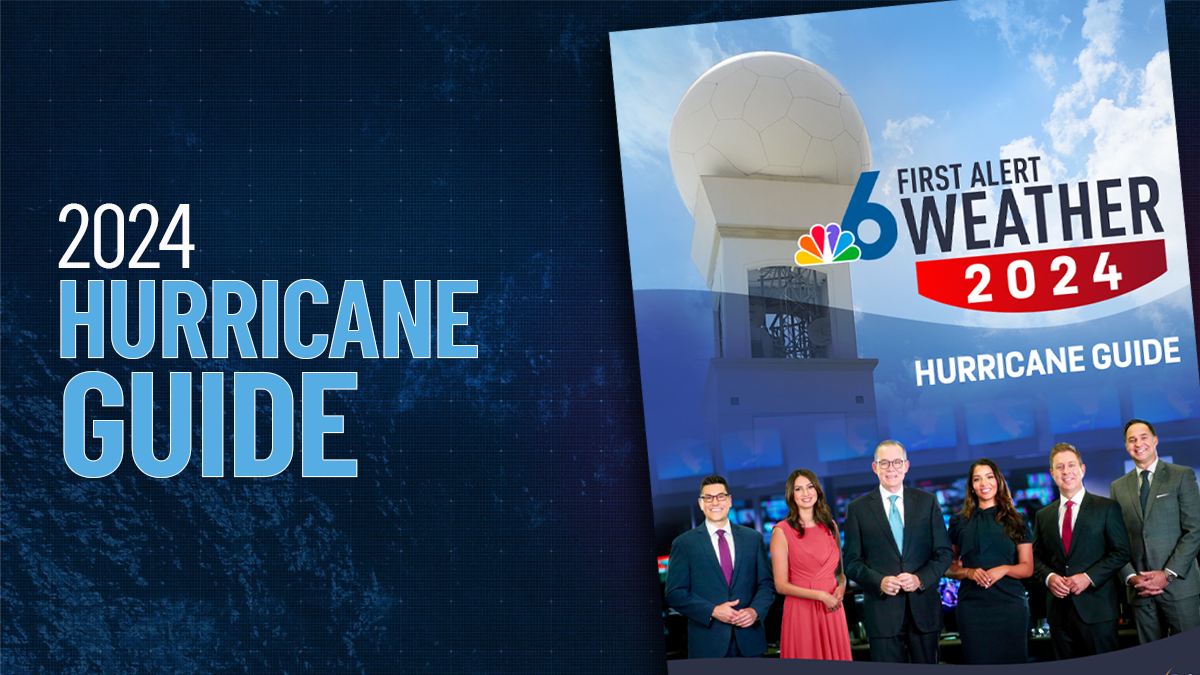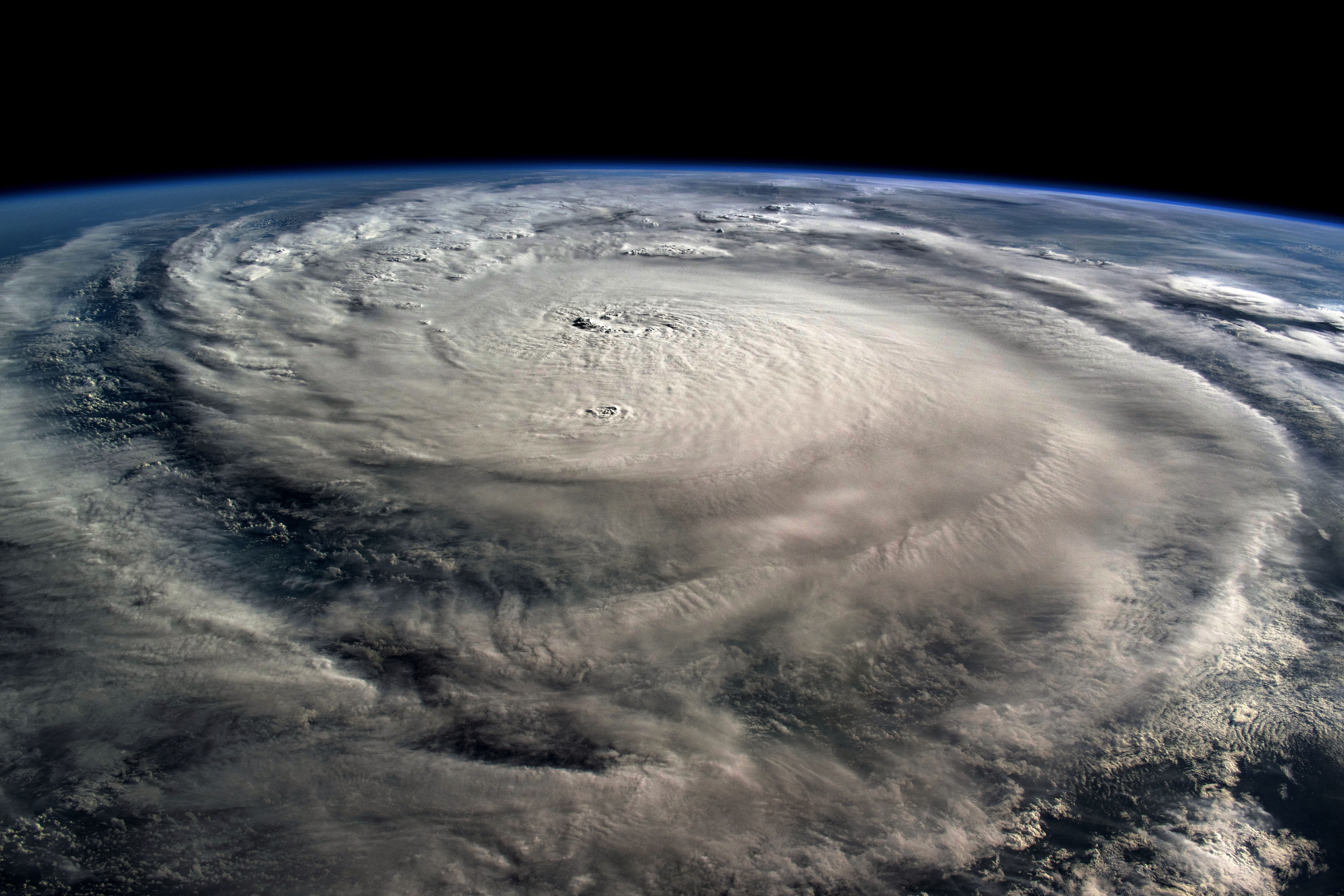“False start, 5 yard penalty, repeat first down.”
Seems apropos for the beginning of football season. But it could also apply to the Atlantic hurricane season, especially after just a week ago, it seemed like we were poised for a barnburner in the basin.
Watch NBC6 free wherever you are
Since Hurricane Ernesto scored its “touchdown” with a landfall in Bermuda last month, the following tropical disturbance “possessions” have ended in punts. The ones identified by the National Hurricane Center as potential star players have tried to move downfield, just to see their drives fizzle.
Is the air temperature too hot? Is the field too dry? Are the winds affecting the passing game?
Get local news you need to know to start your day with NBC 6's News Headlines newsletter.
It could be all of the above. Analysts have spent the week trying to dissect what might be happening. There are several hypotheses which, when put together, seem to point to a lot of global weirding.
The Atlantic waters are so hot that the band of thunderstorms (that from space looks like a white belt) encircling the planet has been displaced far to the north. I’m talking about the Inter Tropical Convergence Zone (ITCZ), which for a few weeks has been dumping rain over Saharan countries like Mali and Egypt. With the ITCZ so far north, disturbances continue to exit the African coast in locations that are downright hostile for development due to too much dry air above, and colder waters below.
It's also hot in the upper levels of the troposphere, which is the part of the atmosphere where all weather happens. Yes, hurricanes thrive on warmth — just not warmth aloft. Warm air where the jets fly makes for a stable atmosphere, and stability leads to sinking air. You’re not going to see hurricanes forming when the air is sinking.
Hurricane Season
The NBC 6 First Alert Weather team guides you through hurricane season
Also high above the ocean, opposite day continues. Easterly winds are roaring off the African coast near Senegal and across the Cabo Verde Islands. Hurricanes don’t like westerly wind shear. But you can’t slow the westerlies to the point where you reverse them and start tilting a tropical disturbance the other way due to easterly shear.
And if you’ll indulge me with one more football analogy, it seems like the star players are being held back by mediocre teammates. Robust tropical waves can’t seem to separate from the ITCZ far enough to show off their capability to grow and strengthen. In this case, weaker trade winds may be to blame.
Yes, the Atlantic hurricane season is as complicated as American football.
There are many rules, countless formations, dozens of plays, and innumerable ways in which players can interact with both teammates and the opposition. And as of this first week of September 2024, that’s led to a low-scoring quarter.
But I insist: this season is already extraordinary and, when it’s all said and done, will end up being remarkably active. It’s not even halftime and we’ve had two U.S. hurricane landfalls, including beastly Beryl, and more could come. The second half of September and October could be very busy.
If you’re in the eastern Caribbean, that means you should stay extra aware through Sept. 30 if not a little longer. If you’re in the Southeast U.S. including Florida, that means being at the ready deep into the 4th quarter, all the way past the end of October. You cannot become complacent.



